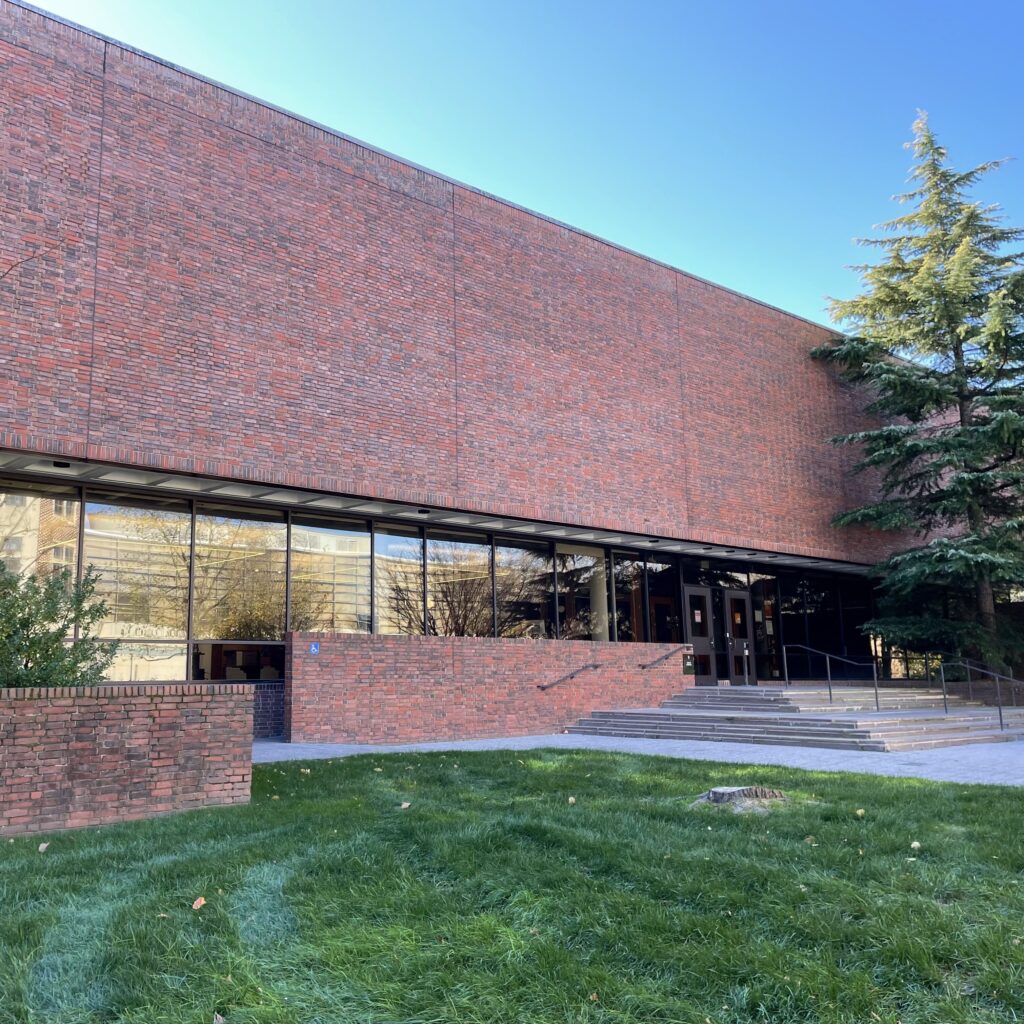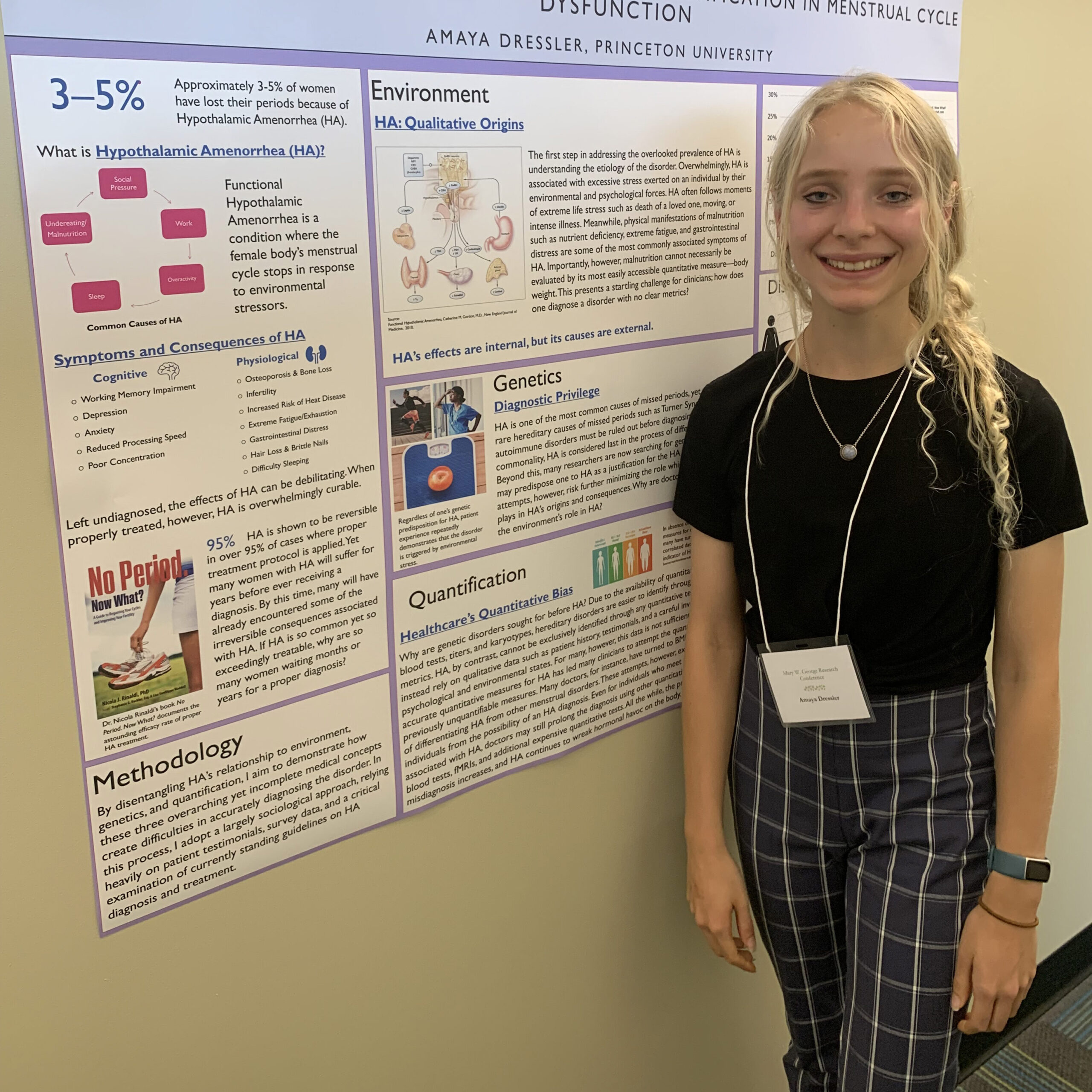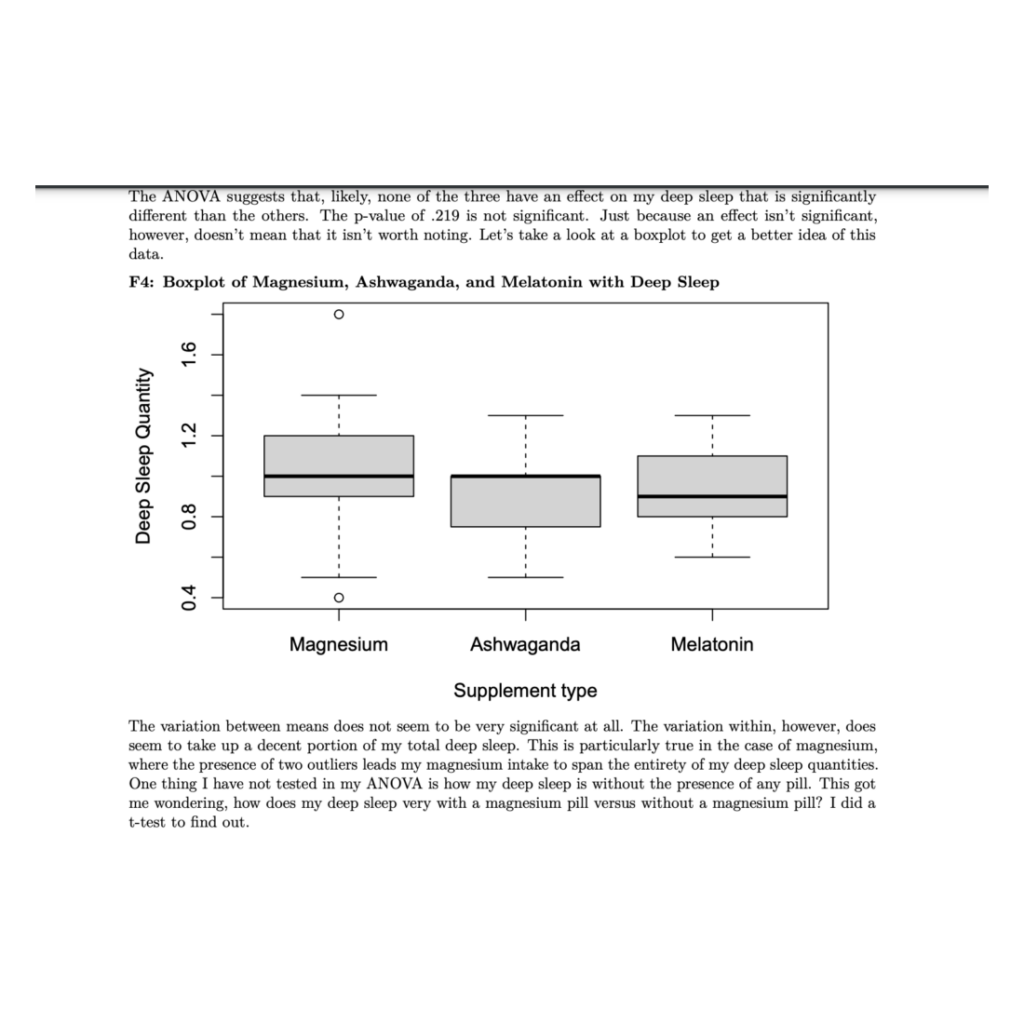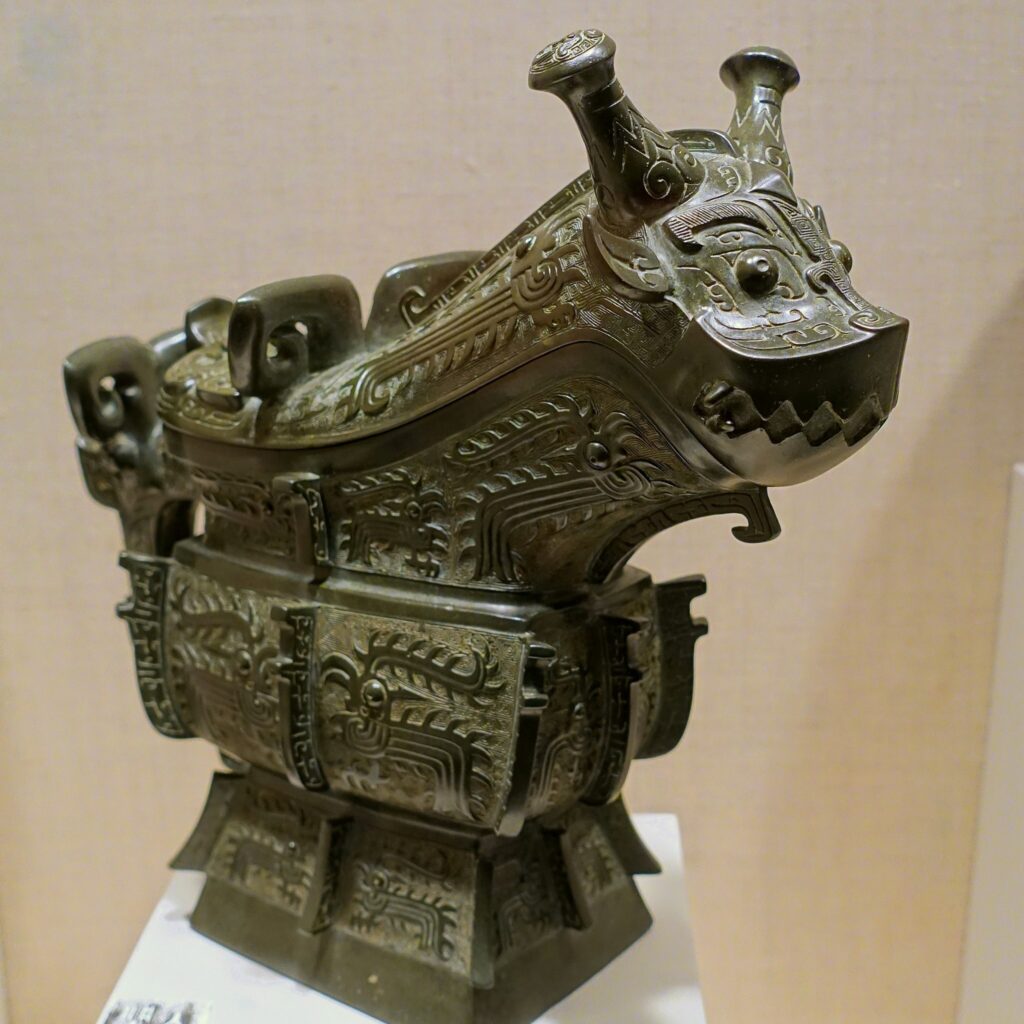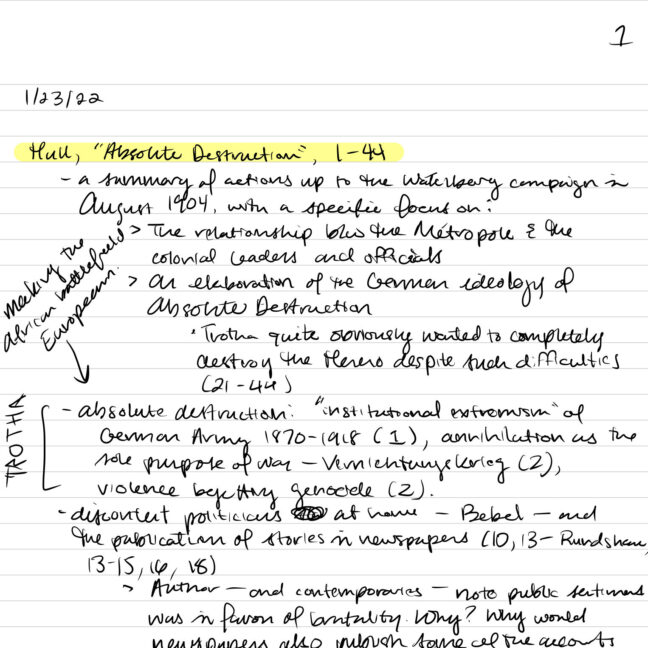
Whether you’re trying to free up your summer to enjoy one of Princeton’s other fully-funded programs, or maybe pave the way for more advanced summer or independent research opportunities, it’s understandable why you might want to get a head start on research during the academic year. But, with jam-packed class schedules, multiple labs, essays to write, and hopefully squeezing in some time for yourself, it can feel impossible to do research on top of life at Princeton. So, how do students do it? Can you really spend 8-10 hours per week on research and still find work-life balance? In short, it depends. The number of classes you’re taking, extracurriculars, and your own unique circumstances all factor into whether research during the academic year is sustainable for your class schedule. For some, research can be a valuable addition to their academic schedules. But, like anything at Princeton, it requires careful planning, time management, and clarifying your own values. Here are three tips for striking balance with research during the academic year.
Continue reading Research During the Academic Year: Tips for Time Management & Pursuing your Passions

